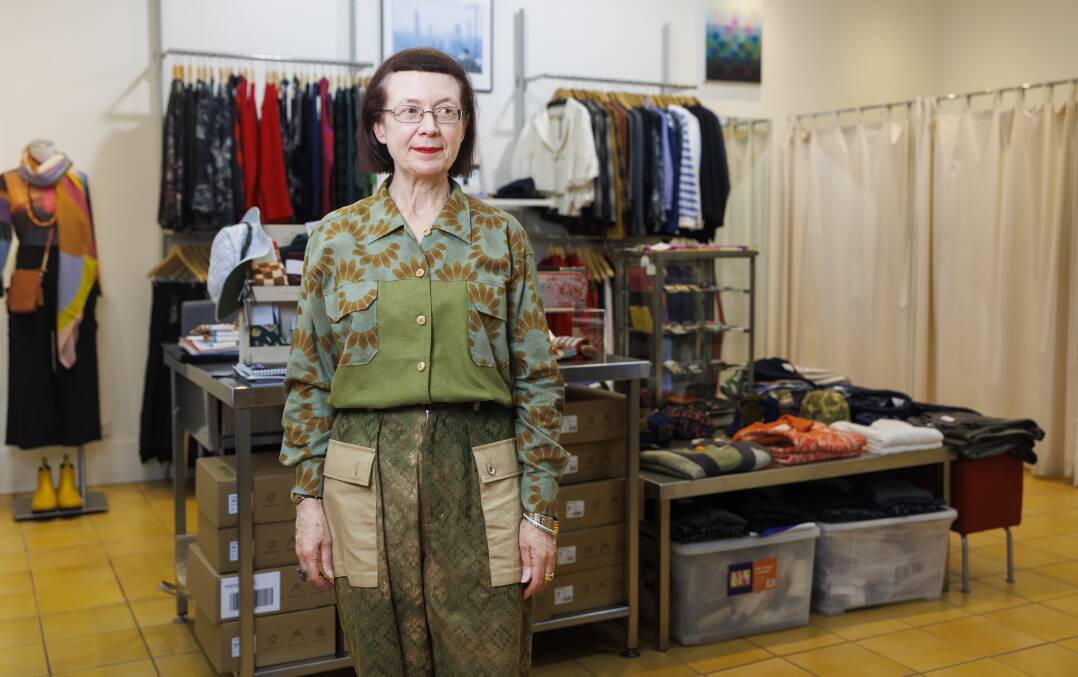ACT's retail growth is expected to outperform other states and territories this financial year before tax cuts and real wage growth help increase national spending in the second half of 2024, a new report from Deloitte Access Economics says.
Real retail sales in ACT are expected to grow by 0.8 per cent this financial year compared to negative 0.7 per cent nationally and 1.9 per cent in the next financial year, while retail sales grow by 2 per cent nationally.
"If we look on the latest data over the 2023 year, the ACT is actually the strongest performing jurisdiction," said Deloitte Access Economics partner and report author David Rumbens.
"In part, what's happened in the ACT is employment has been solid, wage growth has held up and that's allowed a stronger rate of spending in the territory.
"There's also been continued population inflow, which has supported the territory."
Mr Rumbens expected the ACT would still "lift a little" over the coming year but going into the next financial year it would be "back on par" with the national average.
Australia has seen four consecutive quarters of negative growth but in its latest Retail Forecasts report Deloitte declared the "retail recession" had ended.

Although economists warn "hard times" were not over for retailers just yet.
With the cost of goods and services rising faster than incomes and numerous rate hikes hitting home owners, consumers were reining in spending throughout 2023.
A cautious attitude is expected to remain in the first half of the year before retailers see a "turning point".
Mr Rumbens expected changes to stage three tax cuts, disinflation, real wage growth and possible interest rate cuts to be among the factors pushing up spending.
But real retail turnover is still expected to only grow by 0.9 per cent in 2024 and then a further 2.2 per cent in 2025 as conditions improve.
Within the sector, household goods spending is expected to see a boost this year and continue to be "a strong performer" in the coming years.
Meanwhile, apparel sales volumes are likely to remain "subdued" this year, Deloitte forecasting a growth of 0.2 per cent.
For Susan Taylor, owner of clothing store Department of the Exterior, last year sales dropped off significantly while fixed costs, such as rent and wages, increased.
But while it was tough year, she said it "wasn't terrible".
She attributes this to confidence in her product and a strong customer base that favoured "thoughtful" purchases.
"They're very thoughtful about how they buy, so I don't get those crazy upswings where I might have some incredibly trendy product," she said.
"But I also don't have the downswings for the same reason.
"I think that does definitely protect us in those more difficult economic times."
"Aggressive discounting" in the December quarter drove sales, Deloitte said, but "heavily ate into margins".
Economists expect retailers will continue discounting "to entice shoppers into their stores" during the first half of the year.
But Ms Taylor, who has been in business for 20 years, said her shop was "not about sales".
Instead, she said she increased posting on Instagram to bring in customers and sought to educate them about their various price points, which include both lower and higher prices.
Ms Taylor said she was optimistic about the year ahead but didn't expect a significant a change from 2023.







